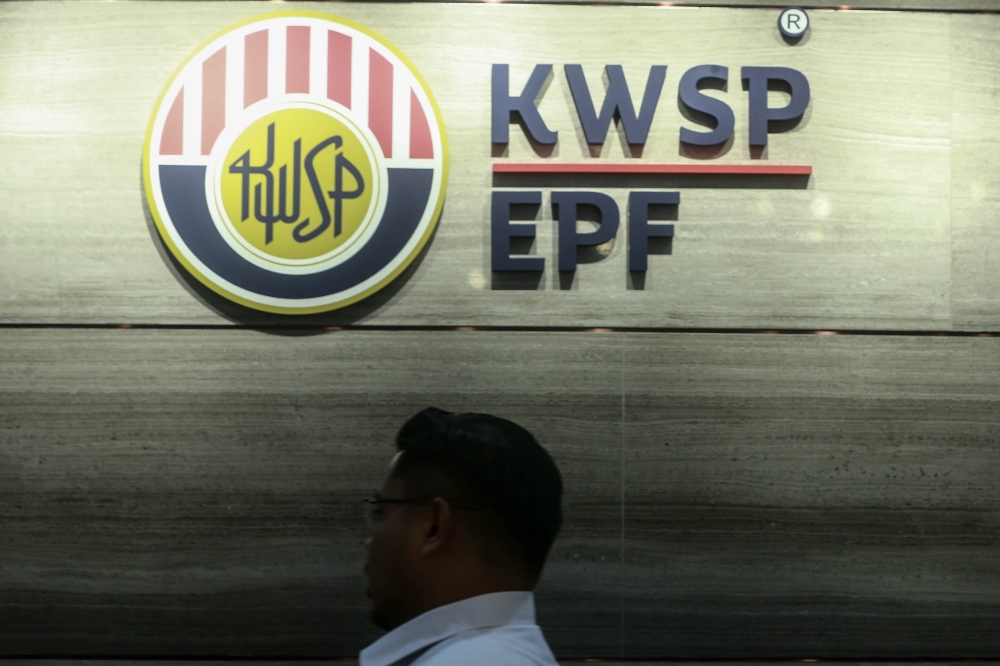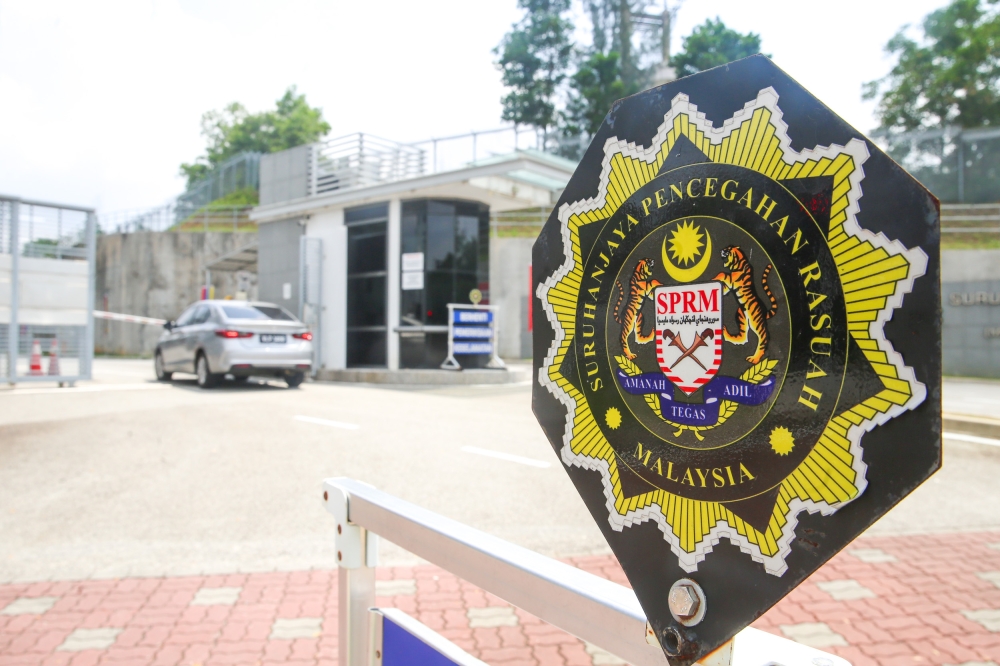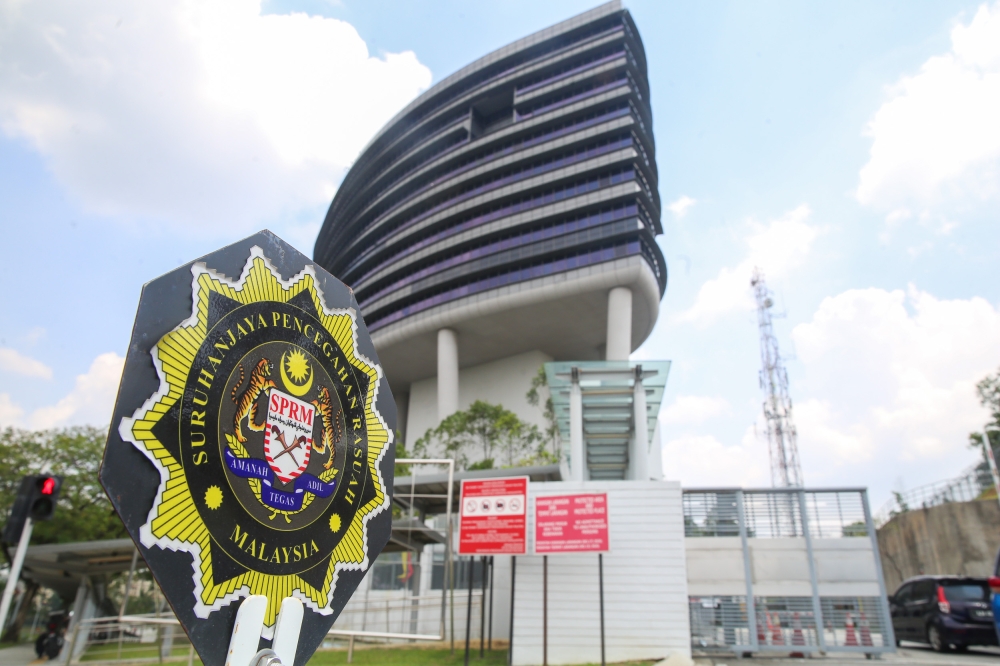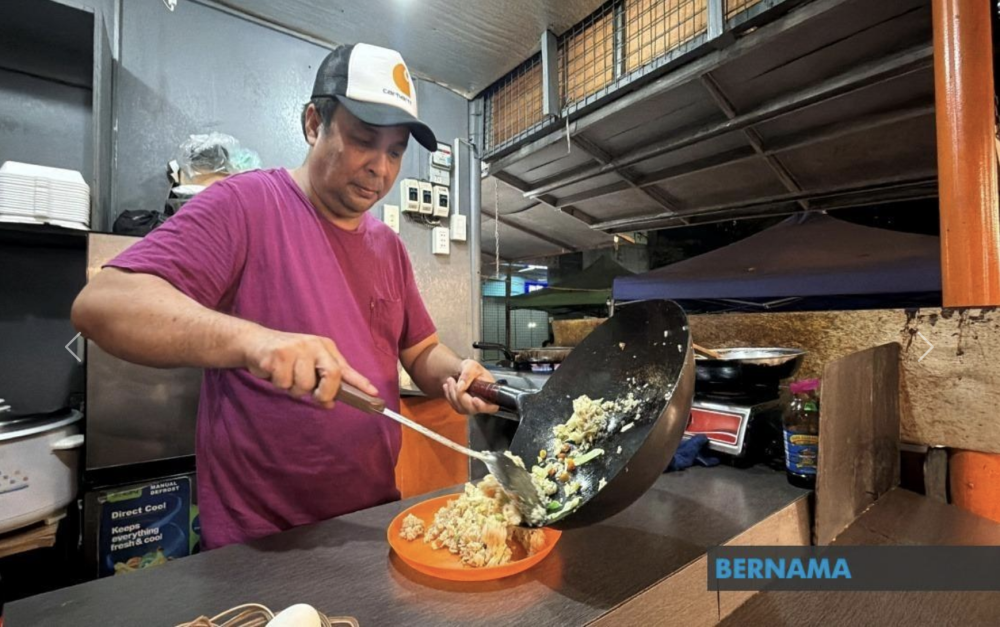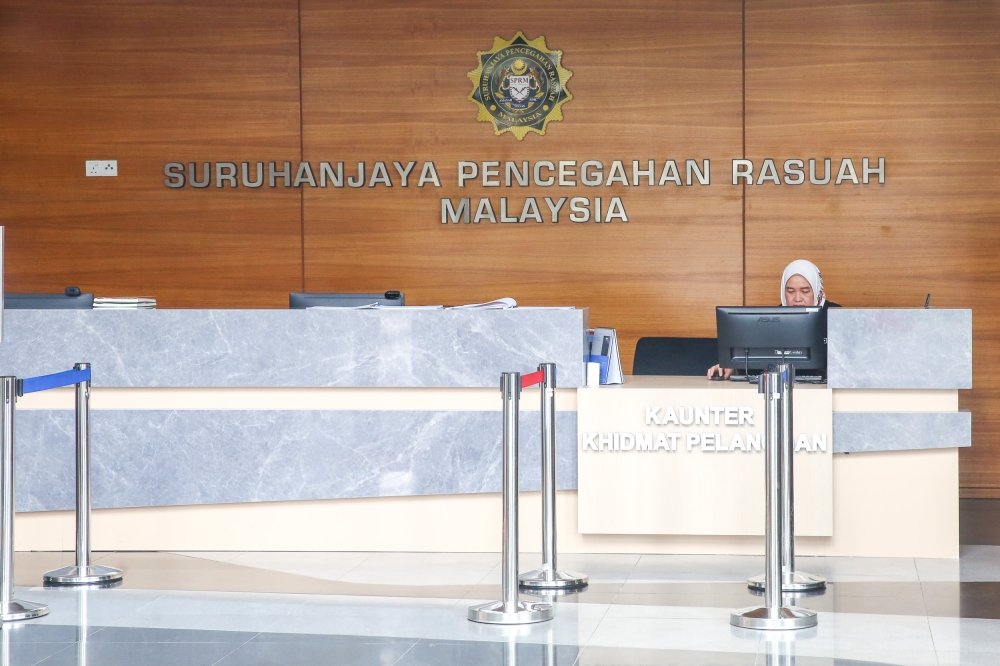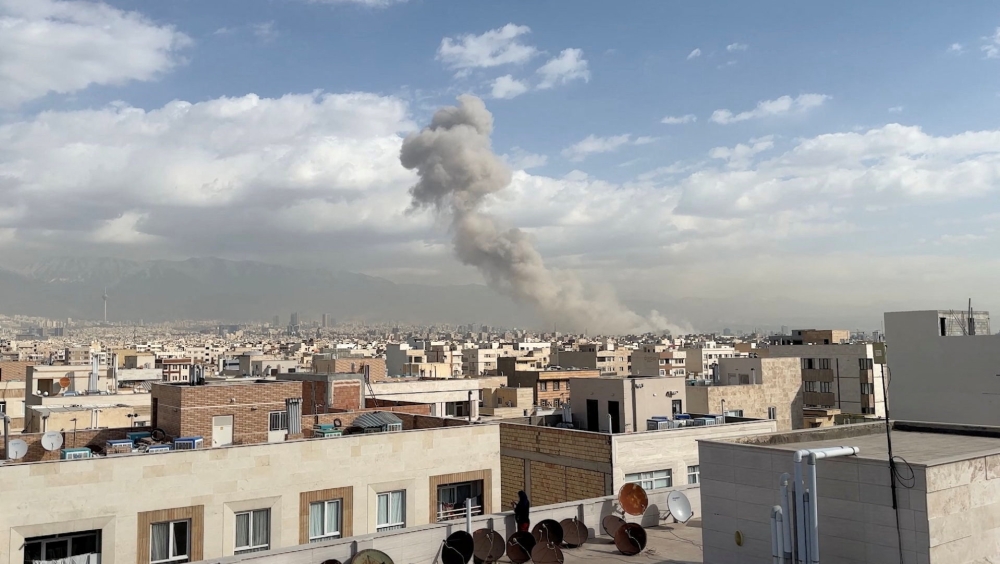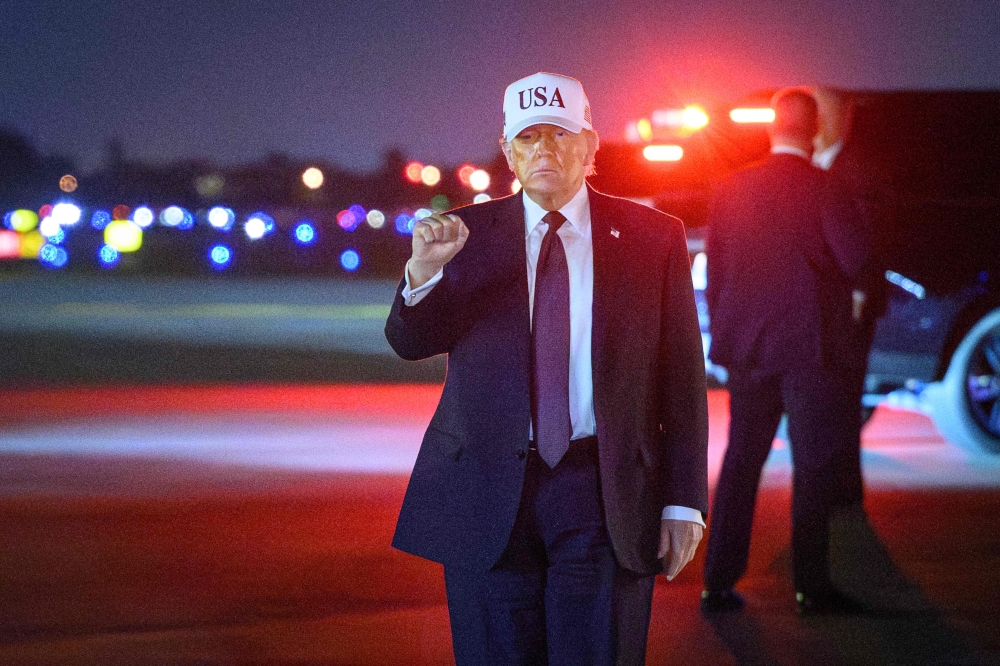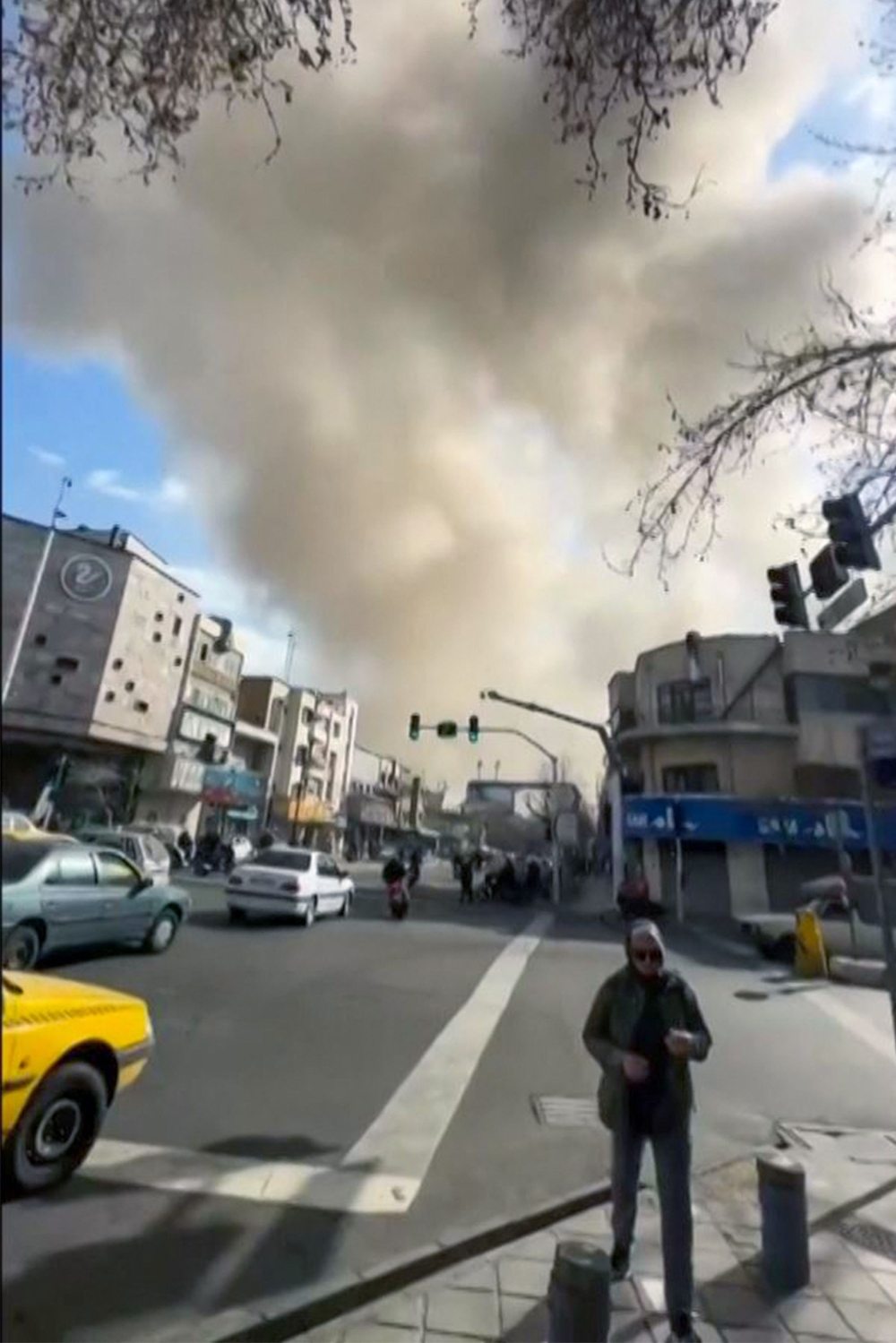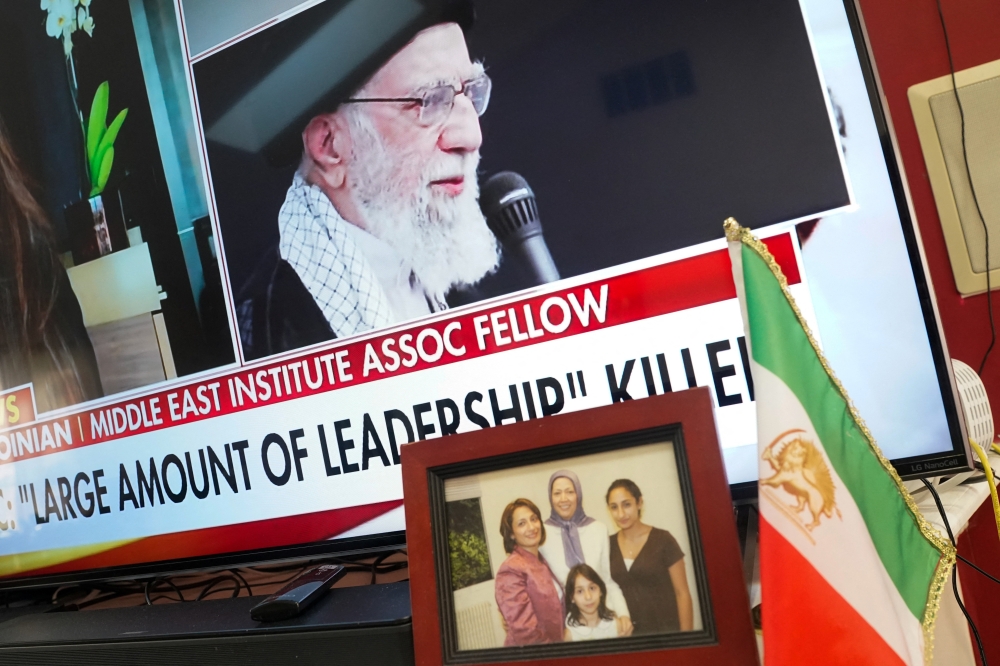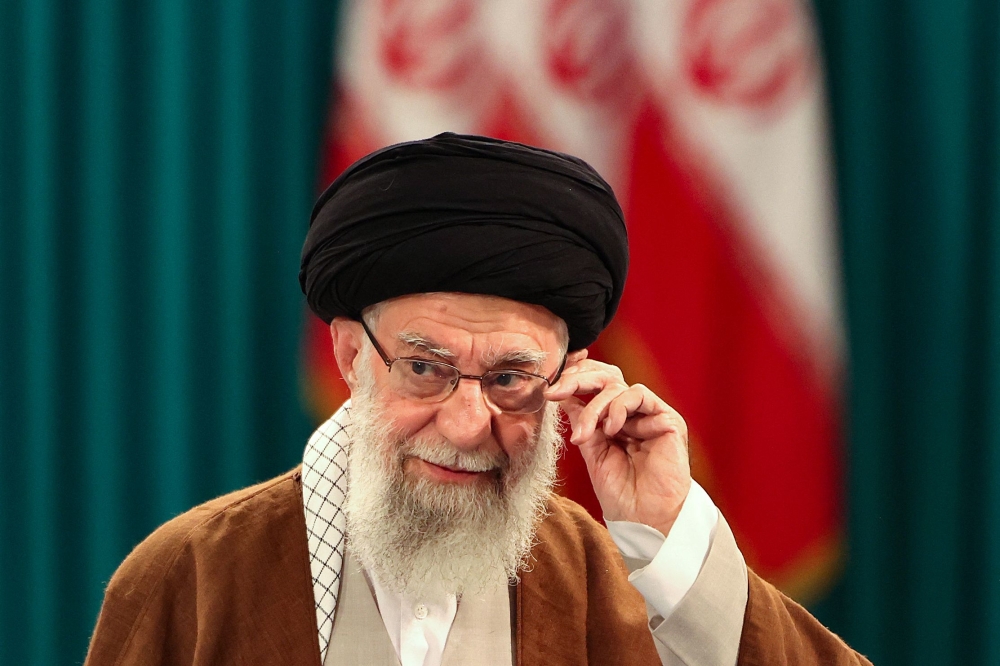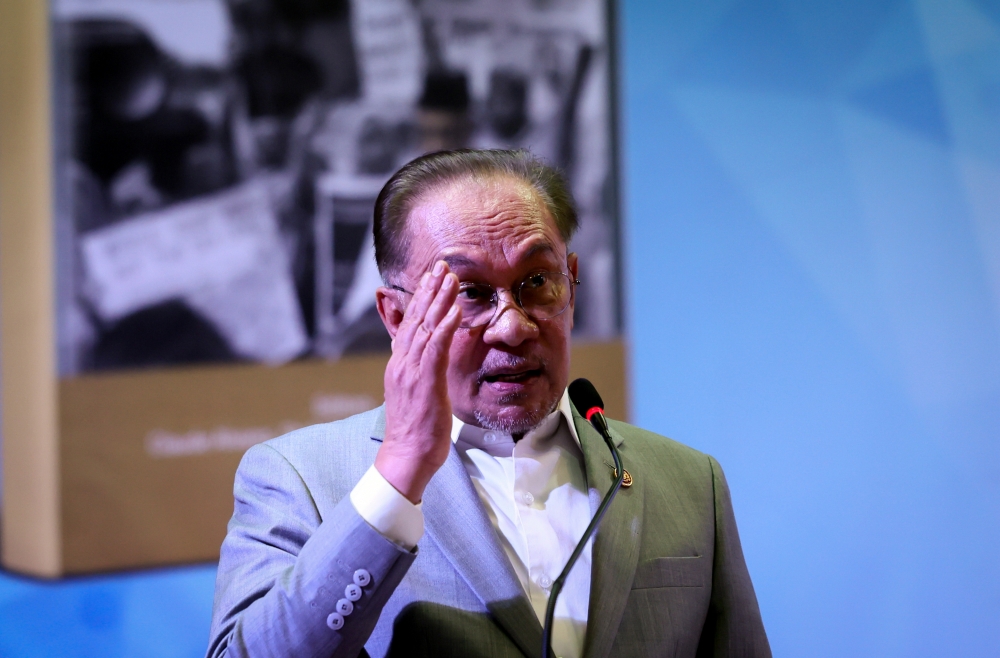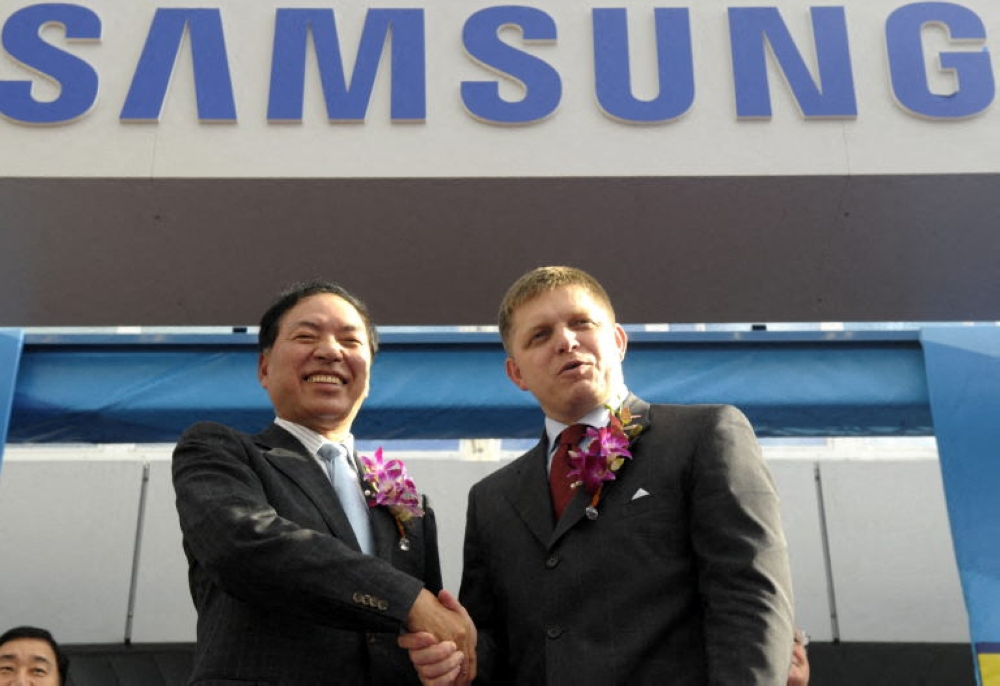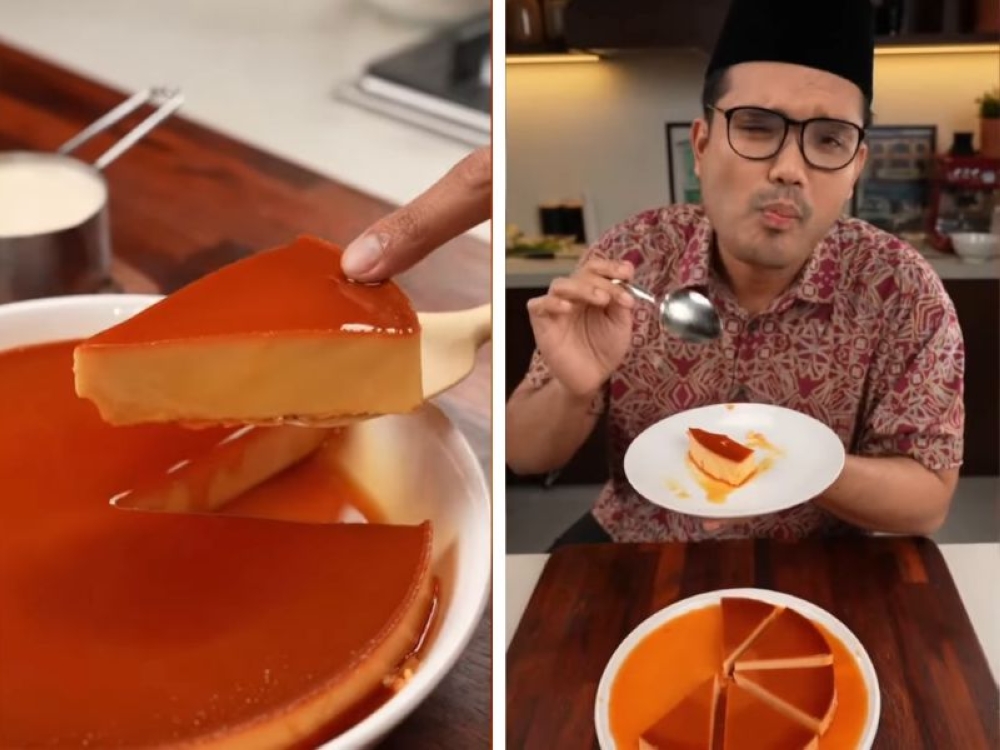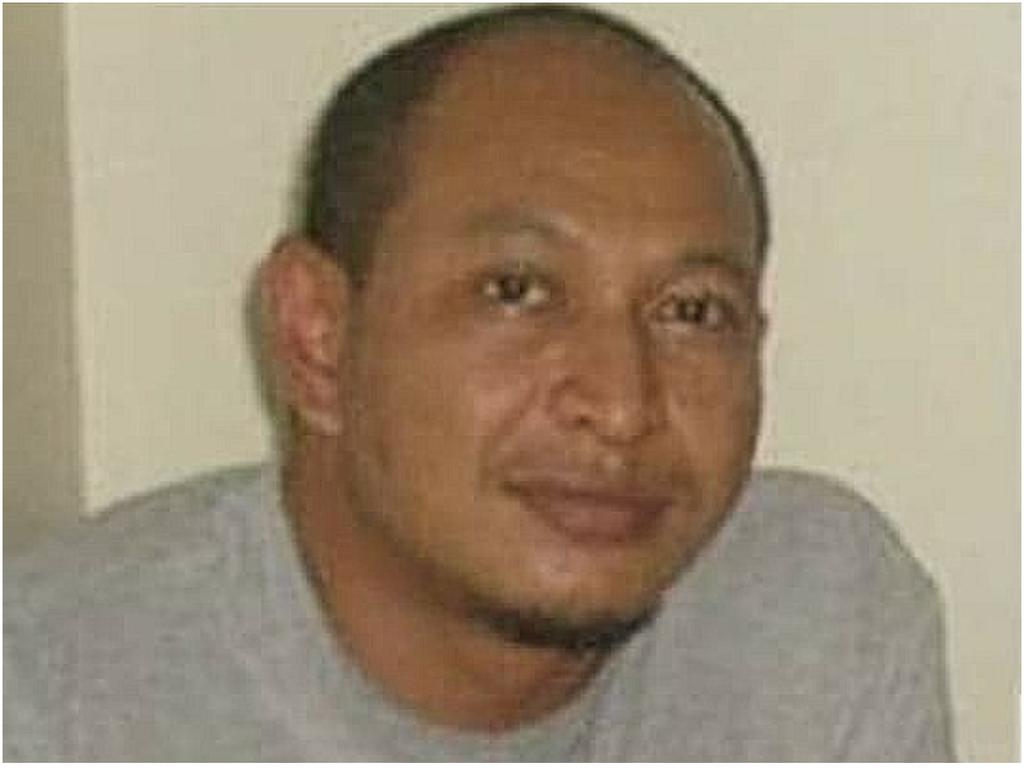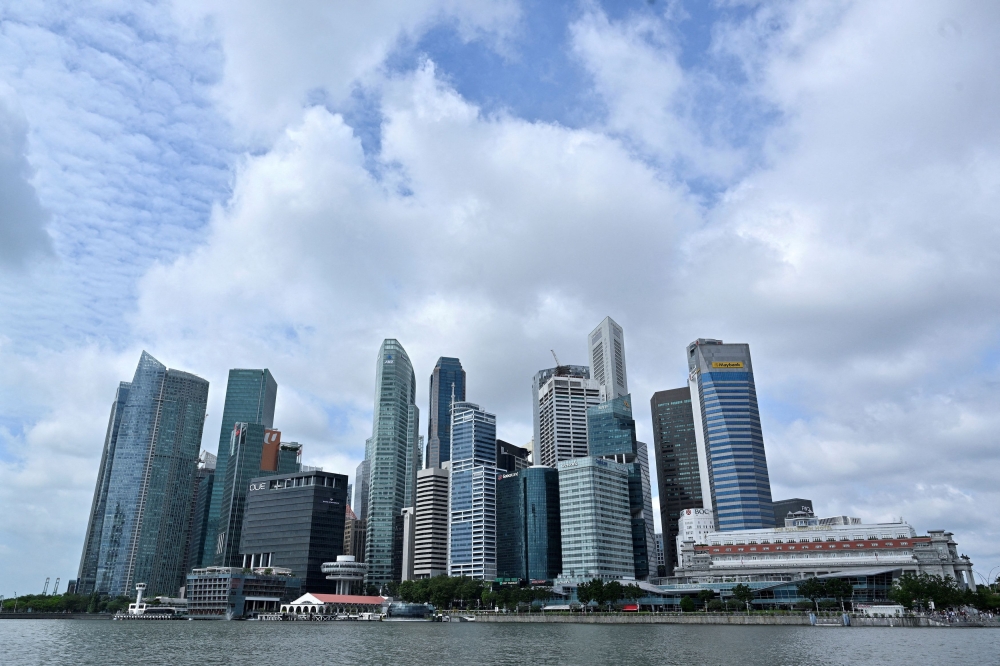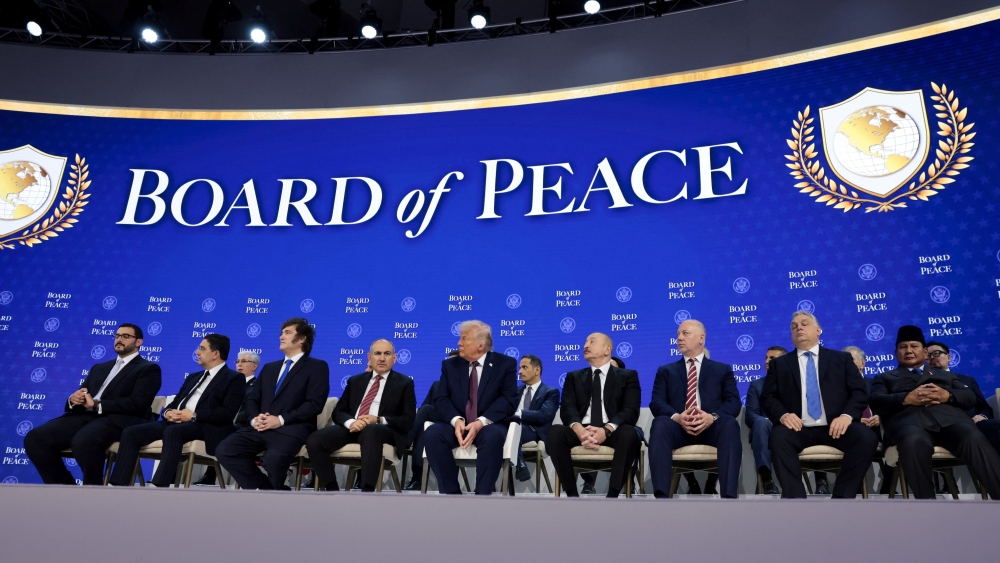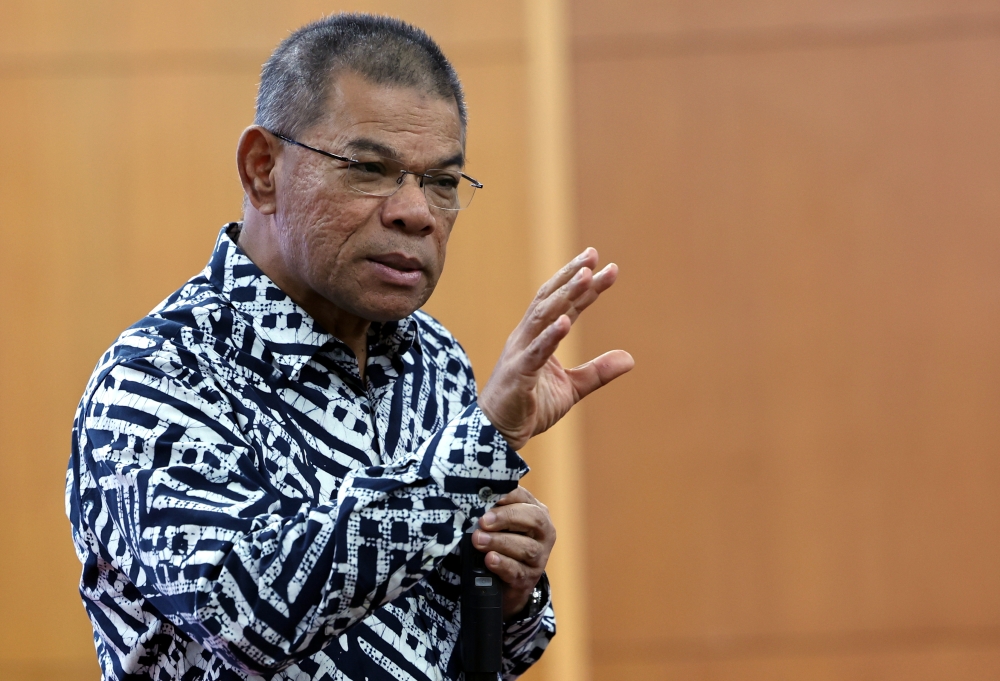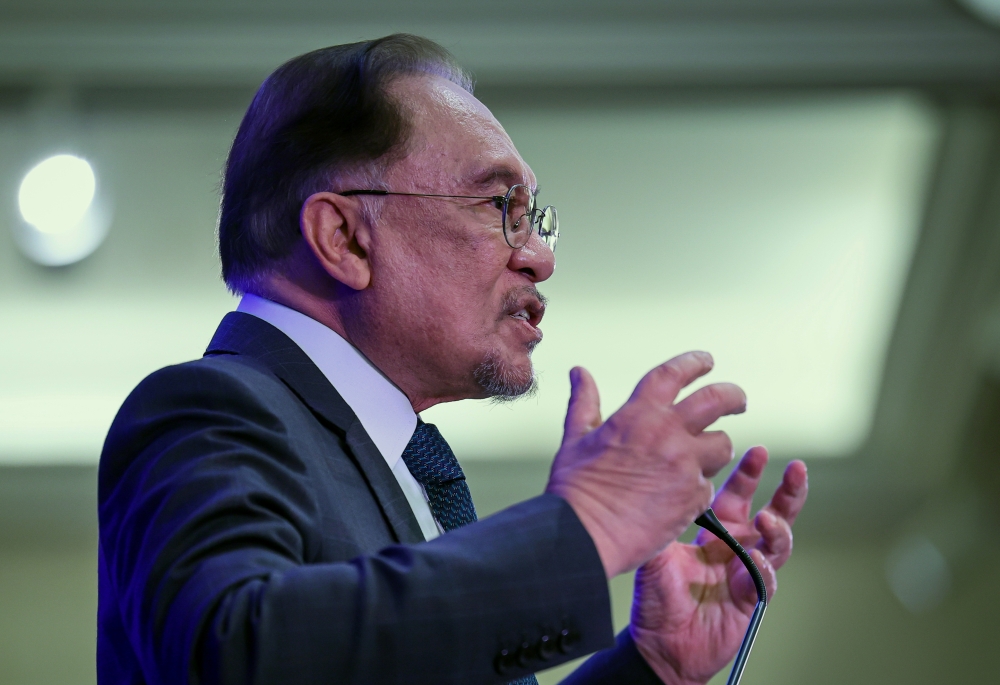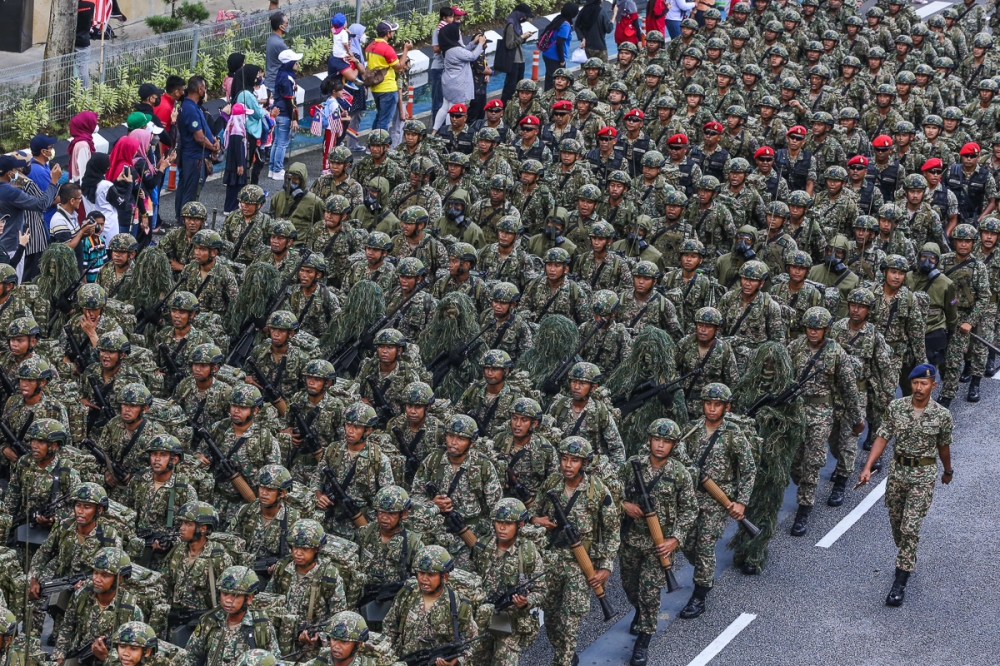SINGAPORE, Sept 23 — A Singaporean drug trafficking convict who was to be hanged last Friday (September 18) is now waiting at least two more weeks, after the Court of Appeal allowed more submissions to be made on certain points of the law.
Syed Suhail Syed Zin, now 44, was given the death penalty in 2016 for trafficking 38.84g of heroin in 2011.
Yesterday, the Court of Appeal heard arguments by his lawyer M. Ravi, who applied for a judicial review last week.
Syed Suhail was granted an interim stay of execution pending the review.
Chief Justice Sundaresh Menon allowed the prosecution to make further submissions and Mr Ravi will get to reply to the submissions.
The next hearing will be confirmed at a later date.
So why has this case gained some attention, especially among the online community? TODAY breaks it down.
Allegations of discrimination
What the lawyer says
Ravi posted on Facebook last week, showing a letter from Syed Suhail who wrote to him saying that his relatives in Malaysia could not see him one last time due to border closures to combat Covid-19.
The convict added that it was a “discrimination”, seeing how there had been deferment of execution for convicts who were foreigners.
Separately, a petition was started, calling on President Halimah Yacob to grant Syed Suhail clemency.
What the authorities say
The Ministry of Home Affairs (MHA) said in a media statement late yesterday that it denies “all allegations of discrimination or impropriety in the scheduling of judicial executions”.
“All prisoners sentenced to capital punishment are accorded due process according to the law. A judicial execution will only be scheduled after an inmate has exhausted all legal channels for appeal and clemency, regardless of whether the prisoner is a Singaporean or a foreigner,” it said.
In 2019, four executions were carried out — two were Singaporeans and two were foreigners, it pointed out.
“Such allegations are baseless and will be comprehensively addressed in MHA’s response which will be filed before the next hearing date. As the matter is presently before the courts, we are unable to comment further on this,” the ministry added.
Personal letters
What the activists say
Community Action Network, an activist group here that supports a campaign against the death penalty, put up a statement on Monday claiming that privileged information between Syed Suhail and his lawyer was sent, without his consent, by the Singapore Prison Service to the Attorney General’s Chambers (AGC).
These were allegedly copies of some of Syed Suhail’s personal correspondence, including a letter to his former lawyer Ramesh Tiwary, that were supposed to be protected by solicitor-client privilege.
The group argued that this raised questions about the public prosecutor’s respect for the inmate’s privacy, and it called for an independent inquiry into the matter.
What the lawyer says
In court yesterday, Ravi said that the AGC had “illegally obtained” those letters from the prison service and asked for Deputy Chief Prosecutor (DCP) Francis Ng to be recused from the case.
Ravi argued that the forwarding of the letters showed that the prosecutorial process was “tainted with biasness” and Syed Suhail’s right to a fair trial was violated.
In response, DCP Ng said that he had not personally seen the contents of the letters even though they had been sent to the AGC.
Ravi said that it “doesn’t satisfy anything” even if the document will be destroyed as the Attorney General had already obtained the privileged information.
What the judges say
Chief Justice Menon and Judge of Appeal Andrew Phang yesterday probed the basis of Ravi’s application to a point where Mr Ravi and the judges were trying to speak over one another.
Chief Justice Menon had to instruct the lawyer to not be rude and observe the decorum and courtesy extended to him. However, a few moments later, Mr Ravi was heard telling Justice Phang: “Shouldn’t I advance my case instead of you advancing my case?”
Justice Phang had pointed out that he cannot make “broad sweeping statements” without stating exactly what was prejudiced in his client’s case, but Ravi sought to argue that his issue is with the appearance of fairness and is not entirely about the letters’ contents.
Close to the end of the exchange, Chief Justice Menon said that he still could not understand Ravi’s justifications for why the entire AGC cannot act on Syed Suhail’s case.
Ravi would not back down and called it an issue to do with a “systemic bias”.
What the authorities say
MHA, speaking on behalf of the Singapore Prisons Service, said that during a hearing before the Court of Appeal on May 3 in 2018, Syed Suhail informed the court that he wished to introduce evidence from his uncle for the purposes of the appeal, having given the court various reasons during the trial for not calling his uncle as a defence witness.
The hearing was then adjourned for parties to look into this request and the Court of Appeal allowed the AGC to file a response if it thought that Syed Suhail was abusing the process of the court.
In preparing its response, the AGC approached the prison service to check whether Syed Suhail had expressed any intention to call his uncle as a witness.
Checks revealed that Syed Suhail had informed the superintendent of such an intention. He had also written four letters to his uncle.
In this context, the prison service gave a copy of these letters, and one letter to his then-lawyer to the AGC on May 10 and June 7 in 2018. At the time, there was no legal prohibition in the Prisons Act or Regulations against doing so, MHA said.
It noted that at the court hearing yesterday, Ravi was asked to explain how prejudice was caused by the provision of the letters to the AGC, but he was unable to do so.
In court: The judicial review
Ravi was instructed in court to focus on the two applications made in the lead-up to the judicial review.
One related to his argument that the powers of pardon through a clemency process in Singapore were “extinguished” because no clemency had been granted in drug-related cases in 22 years.
Ravi said that clemency was supposed to mitigate the harshness of a mandatory sentence, but it is “not really considered carefully” here, or else clemency would have been granted before.
Chief Justice Menon, however, questioned how he could expect the court to come to the inference that the pardon is not implemented fairly on the sole basis that it was not granted before, pointing out that cases were looked at based on their own merits.
Justice Phang remarked: “Logically, just because something didn’t happen doesn’t mean that efforts were not made to try… We are a court of law. We have to analyse in accordance with principle.”
The second application is related to a violation of Syed’s right to equal protection guaranteed under Article 12 of the Singapore Constitution.
Ravi said that there is no equal treatment between Singaporeans and foreigners on death row. Foreigners convicted before Syed Suhail had their executions stayed when the Covid-19 crisis and related travel restrictions did not allow for the foreigners’ family members to be present in Singapore.
Singaporeans should not be “targeted unfairly”, he added, calling for like to be treated with like.
DCP Ng told the court that he would like to make further submissions on this point and will take a week to do so. Ravi will then take another week to reply to the submissions.
The conviction
Central Narcotics Bureau officers arrested Syed Suhail on August 3 in 2011 near a traffic junction in Chua Chu Kang, and he was escorted to his rented home nearby, where officers found heroin weighing no less than 38.84g.
He was convicted of possessing the diamorphine for the purposes of trafficking following a seven-day trial in the High Court in December 2015.
Anyone convicted of trafficking more than 15g of heroin will face the death penalty.
Syed Suhail appealed the decision to the Court of Appeal, but it was dismissed in October 2018. ― TODAY

